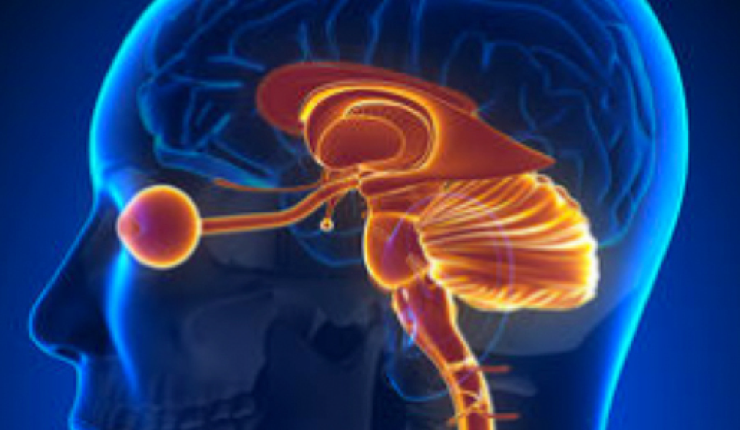There may finally be some modern-day relief for millions of children across the globe whose brains are hijacked and distracted by the simple everyday events happening around them.
These are children who suffer an incurable malady called Attention-Deficit Hyperactivity Disorder, commonly referred to as ADHD. It’s the most commonly diagnosed mental disorder in children.
With ADHD, the brain’s reward system works differently with short-term rewards given higher priority than rewards that involve a delay.
This makes ADHD a dual curse. It puts children behind the eight ball both in school and socially because they can’t concentrate on tasks. That lack of focus makes it difficult to learn and remember facts.
As these children grow into adults they face higher risks when it comes to holding down a job, alcohol and substance abuse, as well as criminal behavior.
Currently, the generally accepted for ADHD treatment involves highly addictive drugs.
Drug-Free High-Tech Solution
Now, a breakthrough could revolutionize an ADHD therapeutics market that’s forecast to grow to $9.9 billon during the next year, according to the business intelligence consultancy GBI Research. 1
The new high-tech therapy is called neurofeedback. It’s inexpensive and soon to be widely available because patients can access therapy online, or via apps on their tablets and smartphones.
In fact, because of how it works, this pioneering a form of brain training has found an ideal place online. Because of that, neurofeedback could greatly disrupt the current ADHD treatment standards that generally rely on addictive drugs that medicate patients with amphetamines.
The Hidden ADHD Crisis
There is also one other trailblazing school of research that could help ease the ADHD crisis.
Or, in the case of breakthrough vision therapy, ease the suffering of children that don’t initially respond to traditional ADHD therapies.
These are children with vision disorders that are unfortunately misdiagnosed with ADHD because their brains don’t properly process what their eyes see.
That sets off cascading effects that leads to a hallmark of ADHD – failing working memories that can’t store or process short-term information.
The tragedy is that unless a proper diagnosis is made, are recent study showed these ae living an ADHD fulfilling prophecy. That’s because they are two times more likely to develop ADHD than their peers. 2
Massive Marketplace Of Kids In Need Of Help
For, while there are no outward sign of the disorder, the ADHD population, along with people who suffer from the related Attention Deficit Disorder, is large and growing.
Worldwide, GBI predicts the total number of diagnoses will soar to more than 18 million in the next year.
In the U.S., the Center for Disease Control and Prevention reports that approximately 9.4% of all children 2-17 years of age (6.1 million) are diagnosed with ADHD. The number breakdown this way.
- Ages 2-5: Approximately 388,000 children
- Ages 6-11: Approximately 2.4 million children
- Ages 12-17: Approximately 3.3 million children
There’s a lot at stake for these children, not just for their ability to learn, but because it may finally be possible to free themselves from the pharmaceutical industry to which many are tethered.
Now, the advent of the neurofeedback age could threaten to disrupt its supremacy.
- https://www.pharmabiz.com/NewsDetails.aspx?aid=83721&sid=2
- Decarlo, Dawn K., et al. “ADHD and Vision Problems in the National Survey of Children’s Health.” Optometry and Vision Science, vol. 93, no. 5, 2016, pp. 459–465., doi:10.1097/opx.0000000000000823.
Legal Notice: This work is based on what we’ve learned as financial journalists. It may contain errors and you should not base investment decisions solely on what you read here. It’s your money and your responsibility. Nothing herein should be considered personalized investment advice. Although our employees may answer general customer service questions, they are not licensed to address your particular investment situation. Our track record is based on hypothetical results and may not reflect the same results as actual trades. Likewise, past performance is no guarantee of future returns. Don’t trade in these markets with money you can’t afford to lose. Investing in stock markets involves the risk of loss. Before investing you should consider carefully the risks involved, if you have any doubt as to the suitability or the taxation implications, seek independent financial advice. Invictus News expressly forbids its writers from having a financial interest in their own securities or commodities recommendations to readers. Such recommendations may be traded, however, by other editors, Invictus News, its affiliated entities, employees, and agents, but only after waiting 24 hours after an internet broadcast.








